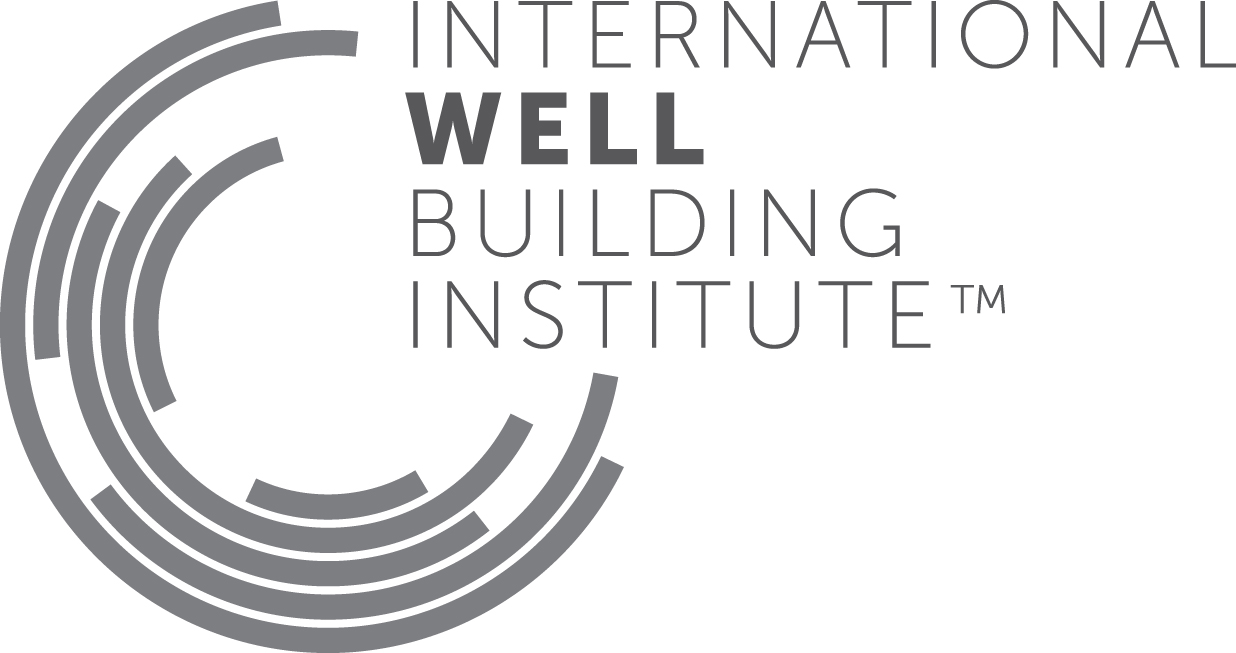Support for Working Mothers Strengthens Families, Businesses and the Economy

It’s been a busy year for all of us at IWBI – one year has passed since the release of WELL v2 and in almost the same amount of time, we’ve welcomed more than a half-dozen newborn members to the IWBI family. These new babies are among our greatest joys, and are a daily reminder of the importance of the work we do.
I’m one of IWBI’s new parents. My daughter just finished her first trip around the sun, so this Mother’s Day, I’m especially grateful to the people and the policies that support me in my many roles as a parent, partner, employee, coach and athlete. Utmost appreciation goes to my mother, who watches the baby while my husband and I travel (I love you, Mom!). And I’d be remiss not to acknowledge the WELL policies - Feature C08: New Parent Support, Feature C09: New Mother Support and Feature C10: Family Support - that have allowed me to care for our baby while transitioning back to work (and qualify for the New York City marathon).
Without question, there’s more work to do to spread these types of supportive policies and mechanisms around global workplace. I continue to look forward to the day when lactation rooms, on-site childcare and parental leave are no longer considered office perks, but rather standard offerings. I remain optimistic that we are moving in the right direction - especially when I see new mom support integrated into public places like airports, which has made my recent travel experiences so much easier. Maybe we will even see our first WELL Certified airport soon!
While it would be a worthy goal to give new parents generous amounts of support in order to mitigate postpartum depression, the shift to better support new parents also makes financial sense. A large scale review of more than 250 companies - including Google, Patagonia, Aetna, Ikea and the U.S. Department of Defense - reported that these types of family support policies increased talent attraction and retention, boosted employee morale and productivity, and helped promote gender equity in company leadership. Essentially, adopting family friendly strategies has a positive impact on a company’s bottom line.
On the other hand, when companies disregard the needs of new parents it can “cause employees to lose focus, be less engaged and have health problems,” according to Georgetown University’s McDonough School of Business Professor, Christine Porath. As the race for human capital heats up, companies can create a competitive advantage by making every day Mother’s and Father’s Day.
Parental support makes sense at a macroeconomic level too. It may be hard to believe, but there was a time when the U.S. actually paid for childcare so more women could enter the workforce to make up for a labor shortage. Unfortunately, these progressive policies have not stood the test of time. The cost of childcare in the U.S. has reached almost $10,000 (annually) on average, with costs soaring 33% higher in New York City.
As the U.S. continues to experience a labor shortage, this underlying principle holds true: to maximize the labor market’s potential, we need to ease the burden on working mothers. The Organisation for Economic Co-operation and Development (OECD) reports that if women participated in the formal labor market at the same rate as men, OECD countries could see a 12% increase in gross domestic product (GDP), not to mention increased female participation in the boardroom and a narrowing gender pay gap, which is good for everyone.
I consider myself fortunate to work for a company that prioritizes my family’s health and am proud to know that WELL has positively impacted other working parents. Over the past several years, I have seen more and more organizations use WELL as a tool to prioritize employee health, and heard firsthand from workers who cite these small changes as primary reasons why they love their job.
Without a doubt, working for an organization that advances stronger policies for mothers is one of the reasons I love mine.

